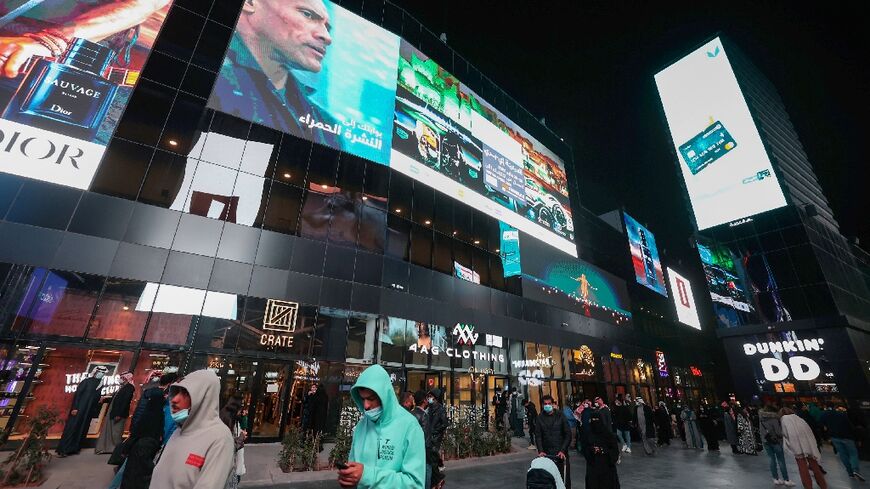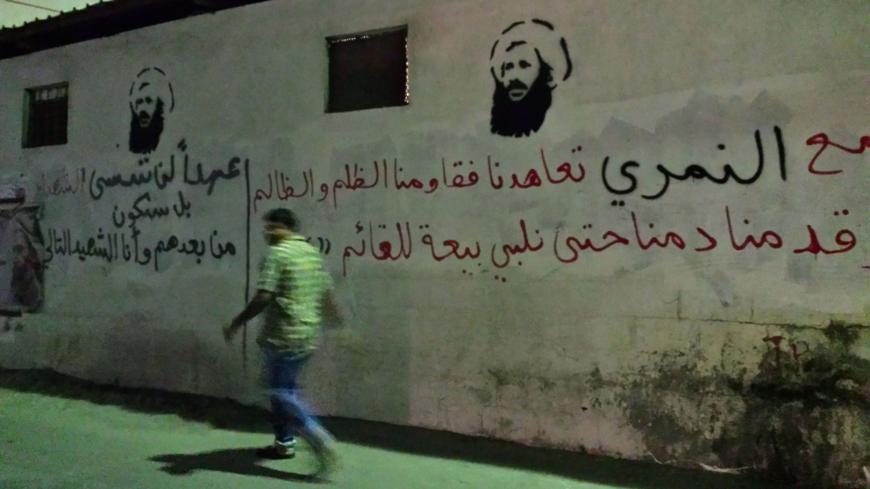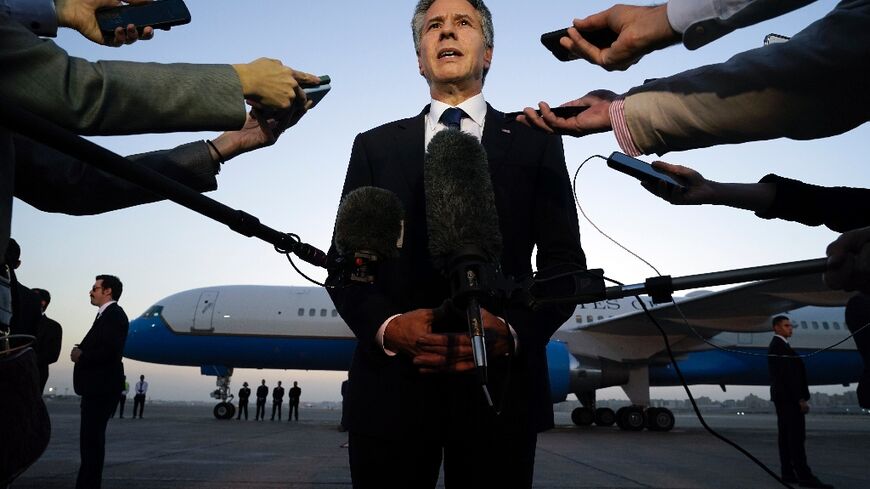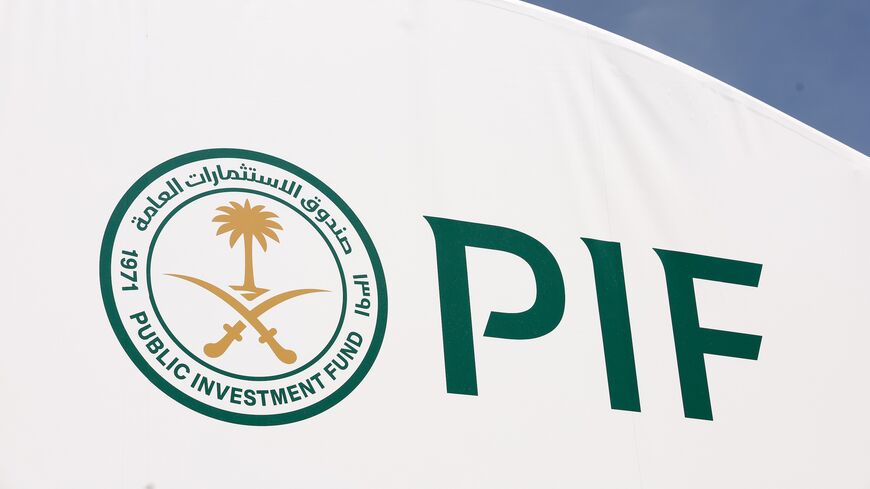US delegation leaves Saudi Arabia early over kippah row
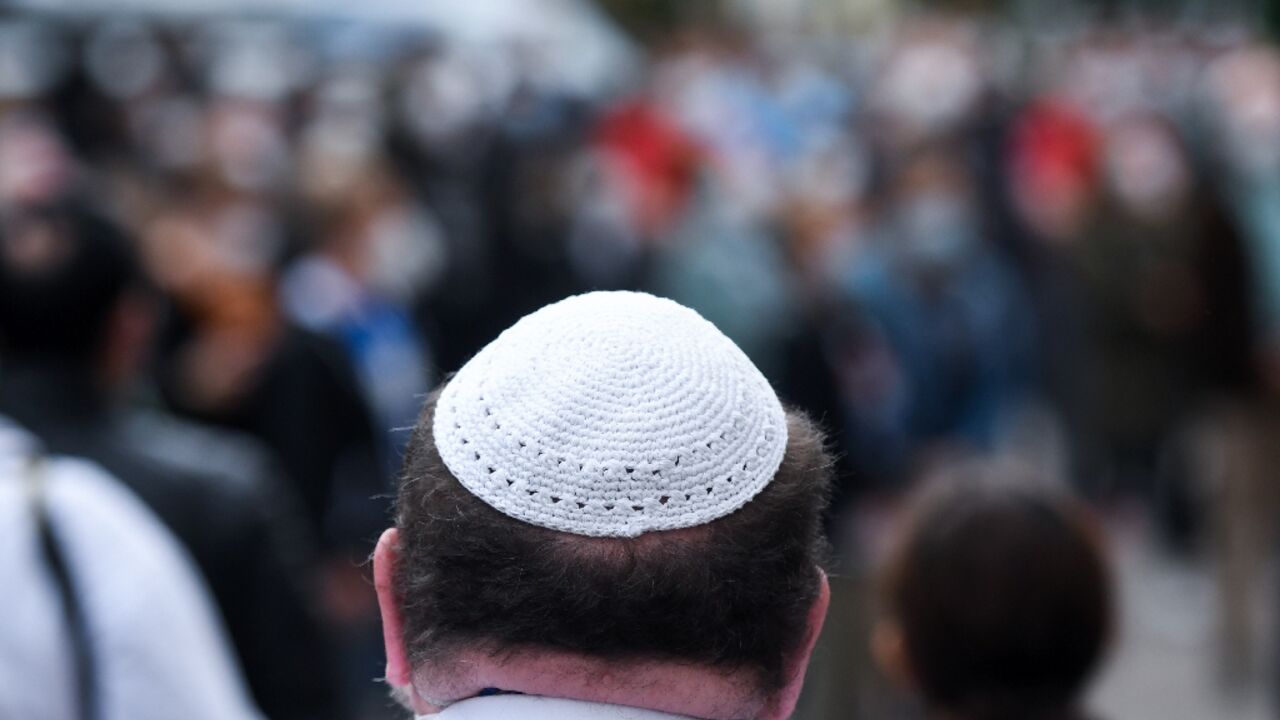
A US delegation on religious freedom said Monday it cut short its visit to Saudi Arabia after one of its members was asked to remove his Jewish head covering, or kippah.
The United States Commission on International Religious Freedom (USCIRF) said its delegation was near Riyadh visiting Diriyah, a historic town that is a UNESCO World Heritage Site, when the commission's chair, the Orthodox Rabbi Abraham Cooper, "refused their requests that he remove his religious head covering."
"No one should be denied access to a heritage site, especially one intended to highlight unity and progress, simply for existing as a Jew," Cooper said in a statement.
The USCIRF said Cooper and its vice chair Reverend Frederick Davie were invited to tour the site last Tuesday as part of their official visit when, after several delays to the tour, officials requested that Cooper remove his kippah "while at the site and anytime he was to be in public, even though the Saudi Ministry of Foreign Affairs had approved the site visit."
Saudi Arabia "is in the midst of encouraging change under its 2030 Vision," Cooper noted. "However, especially in a time of raging anti-Semitism, being asked to remove my kippah made it impossible for us from USCIRF to continue our visit."
The USCIRF said it was particularly regrettable it happened to the representative of "an American government agency that promotes religious freedom."
The commission is a US government advisory body mandated by the US Congress.
Davie, the USCIRF vice chair, described the incident as "stunning and painful," adding: "It directly contradicted not only the government's official narrative of change but also genuine signs of greater religious freedom in the Kingdom that we observed firsthand."
The Saudi embassy in Washington did not immediately respond to AFP request for comment.
The incident comes against a backdrop of tensions between Saudi Arabia and US ally Israel over the war in Gaza, and US efforts to promote normalization of ties between the two states once the conflict is over.


